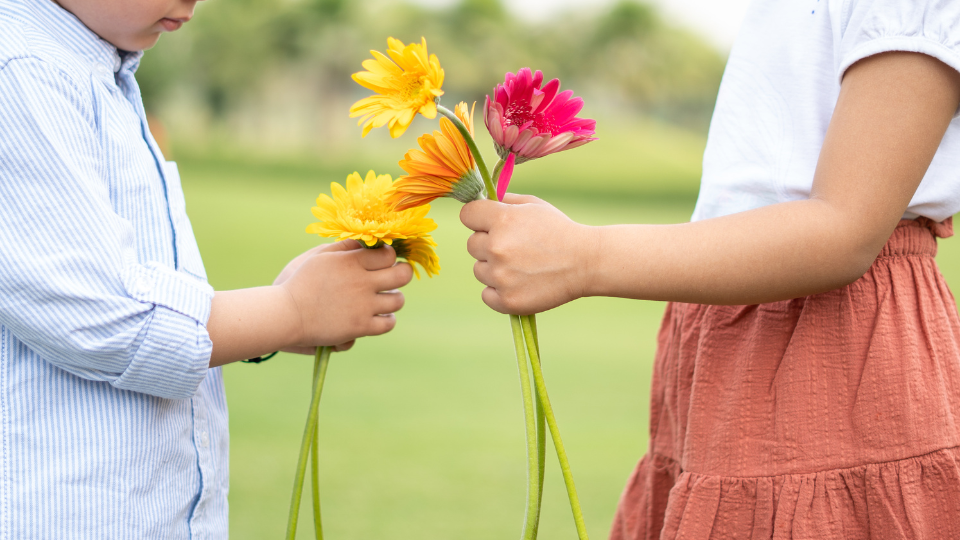The Benefits of Kindness on Wellbeing
Aaron Hunt, Ph.D., MPH, Extension Assistant Professor
Kindness is more than just a moral virtue; it's a powerful catalyst for improving both mental and physical wellbeing. Engaging in daily acts of kindness can have positive effects that enhance our quality of life and the lives of those around us. Here's a closer look at how kindness impacts our wellbeing and some practical tips for incorporating kindness into your daily routine.
The Key Benefits of Kindness
Reduces Stress: Acts of kindness can help lower stress levels. When we engage in helping others, our body releases oxytocin, often referred to as the "love hormone," which can counteract the effects of stress hormones like cortisol.
Boosts Happiness: Kindness has been shown to increase happiness. When we perform kind acts, our brains release dopamine, which results in a "helper's high" increasing joy.
Improves Relationships: Kindness fosters better relationships. Whether it’s a small gesture of appreciation or a significant act of support, kindness builds trust and strengthens bonds between individuals, leading to more meaningful and satisfying connections.
Enhances Mental Health: Regular acts of kindness can reduce symptoms of anxiety and depression. By focusing on others' needs, we can shift our attention away from our own worries, providing a mental break and fostering a sense of purpose.
Promotes Physical Health: Engaging in kind activities can lead to physical health benefits such as lower blood pressure and improved heart health. The emotional uplift from kindness can encourage healthier lifestyle choices and enhance overall physical wellbeing.
Tips for Focusing on Kindness Every Day
Start Small: Begin with small, manageable acts of kindness. Smile at a stranger, hold the door open for someone, or offer a genuine compliment.
Be Mindful: Pay attention to the needs of those around you. Being present and mindful allows you to recognize opportunities to be kind.
Practice Gratitude: Expressing gratitude is a form of kindness that benefits both the giver and the receiver.
Volunteer: Dedicate some time to volunteer for a cause you care about.
Random Acts of Kindness: Surprise someone with an unexpected act of kindness, such as buying coffee for a co-worker or providing compliments.
Conclusion
Incorporating kindness into your daily routine can have profound effects on your overall wellbeing. By reducing stress, boosting happiness, improving relationships, enhancing mental health, and promoting physical health, kindness truly is a powerful tool for a better life. Your journey towards a kinder, healthier, and happier life begins with one kind act at a time.
References
OpenAI. (2024). ChatGPT (June 2024 Version) [Large language model]. Retrieved from https://chat.openai.com/
Mayo Clinic. (2023). Practice the art of kindness. Retrieved from [Mayo Clinic] (Practice the art of kindness - Mayo Clinic Health System).
Harvard Health Publishing. (2019). The Heart and Science of Kindness. Retrieved from [Harvard Health Publishing] (The heart and science of kindness - Harvard Health).
Psychology Today. (2023). The profound impact of deliberate acts of kindness. Retrieved from [Psychology Today] (https://www.psychologytoday.com/us/blog/be-the-sun-not-the-salt/ 202312/the-profound-impact-of-deliberate-acts-of-kindness)
Mental Health Foundation. (2023). Kindness Matters Guide. Retrieved from [Mental Health Foundation] (https://www.mentalhealth.org.uk/explore-mental-health/kindness/kindness-matters-guide).


 Utah 4-H & Youth
Utah 4-H & Youth